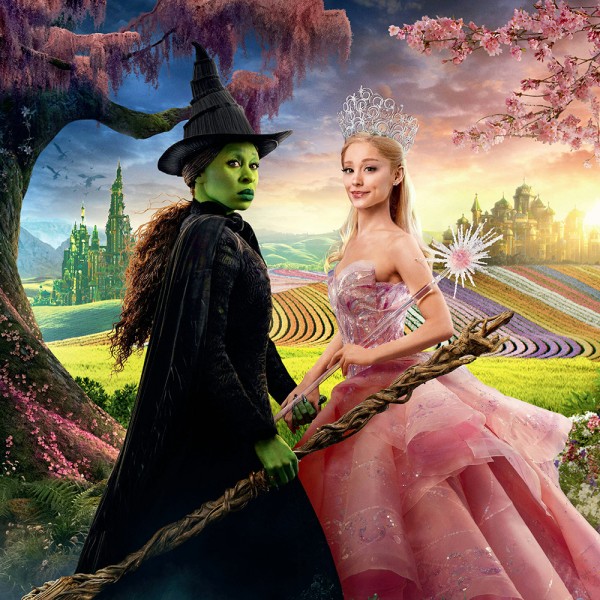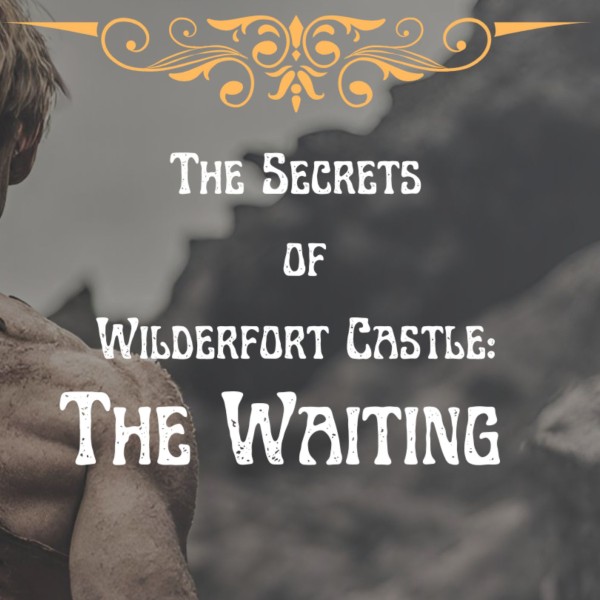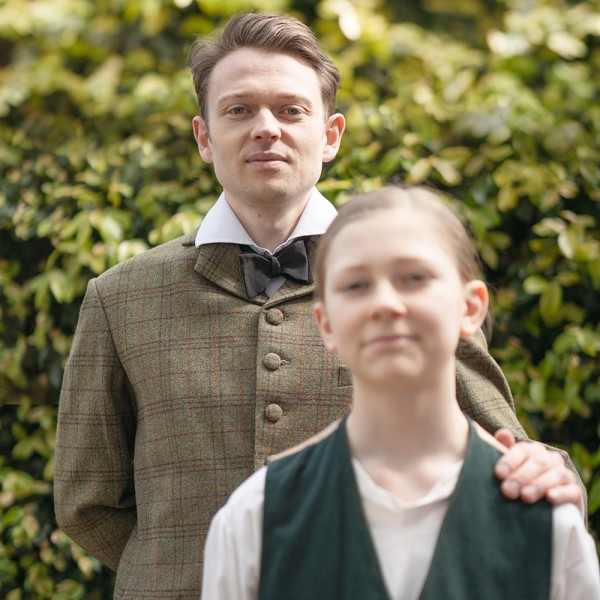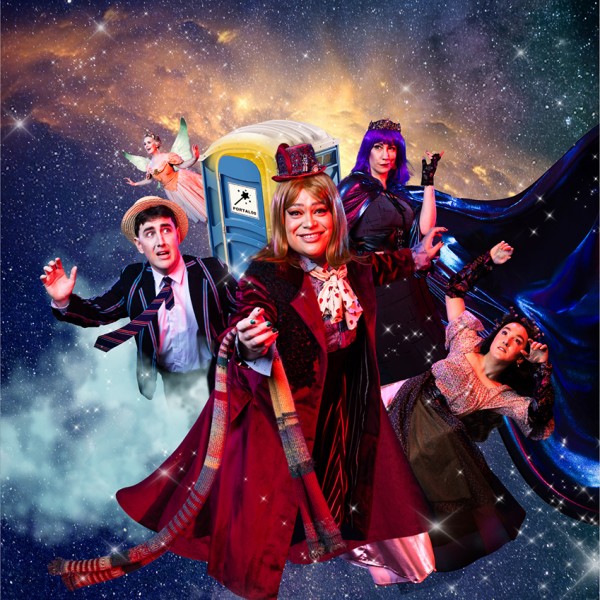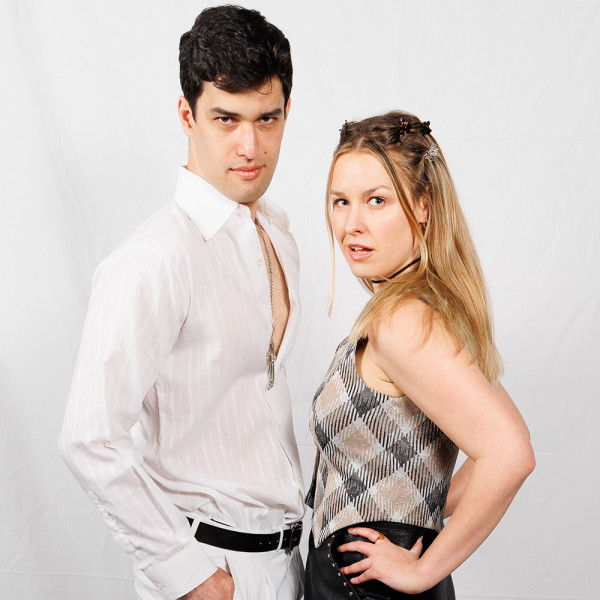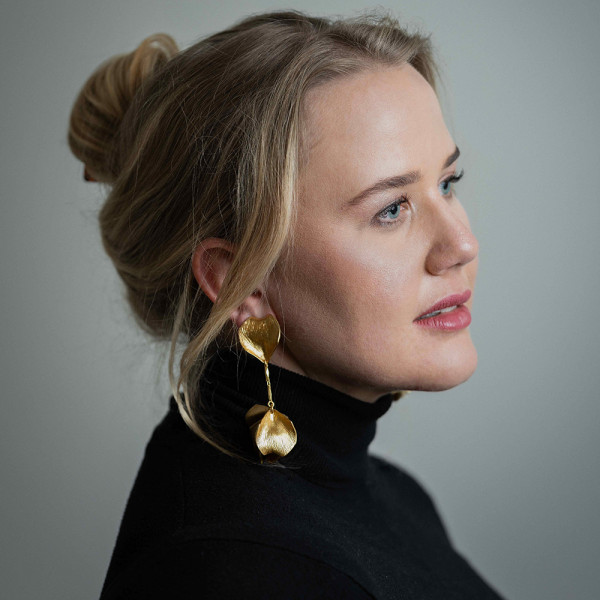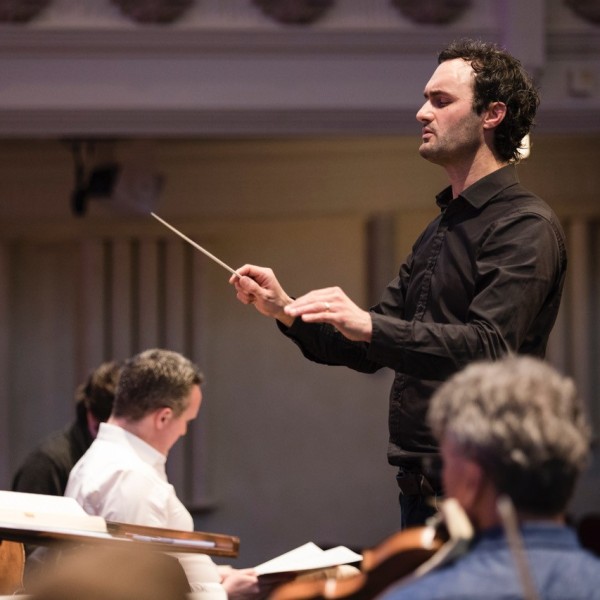
Messiah
Presented by: New Zealand Symphony Orchestra
Conducted by: Thomas Blunt
Michael Fowler Centre, 14th Dec 2024
Reviewed by: Tamsin Evans
Some things in life are reassuringly predictable. Every year seems to pass more quickly than the last, Christmas arrives before we are ready, and summer is later than we hope. The New Zealand Symphony Orchestra’s Messiah comes round every year too but, as this performance showed, familiar does not always mean as predictable as we might expect. The story, the music, solo voices, choir, and orchestra combine in a glorious whole. It’s magnificent, with so much scope for musical interpretation that this year’s concert was only predictable in its scheduling.
The Tudor Consort specialises in performing early music and their enduring reputation for excellence and meticulous attention to period detail were surely behind the very high bar Thomas Blunt set for his musicians. In what is generally thought of as a choral work, Blunt was not afraid to use his small orchestra of only 32 performers and lift them from liturgical accompaniment to equals in the storytelling. Surges in dynamics, unexpected accents, lyrical phrasing, shifting tone and tempo, and specific placement of performers on the stage gave this Messiah a refreshing and enjoyably different sound.
The four distinct styles of the soloists contrasted well with each other. Filipe Manu’s rich tenor soared operatically through Comfort Ye in a way that perhaps shouldn’t have worked but did. Anna Pierard’s He Was Despised was heavy with grief and sorrow without overly dramatic emotion. Madison Nonoa’s soprano voice has a surprising, delicate purity that lent more variety to this extraordinary performance. Hero of the hour, bass-baritone Samuel McKeever, did a remarkable job coming into this production at short notice to cover for the unwell Benson Wilson.
The NZSO was absolutely excellent and the star of the show was The Tudor Consort. Their precision, clarity, perfect diction (an essential part of the storytelling), and a flawlessly balanced and controlled sound produced too many perfect moments to name but many to remember. A glorious end to the year.





